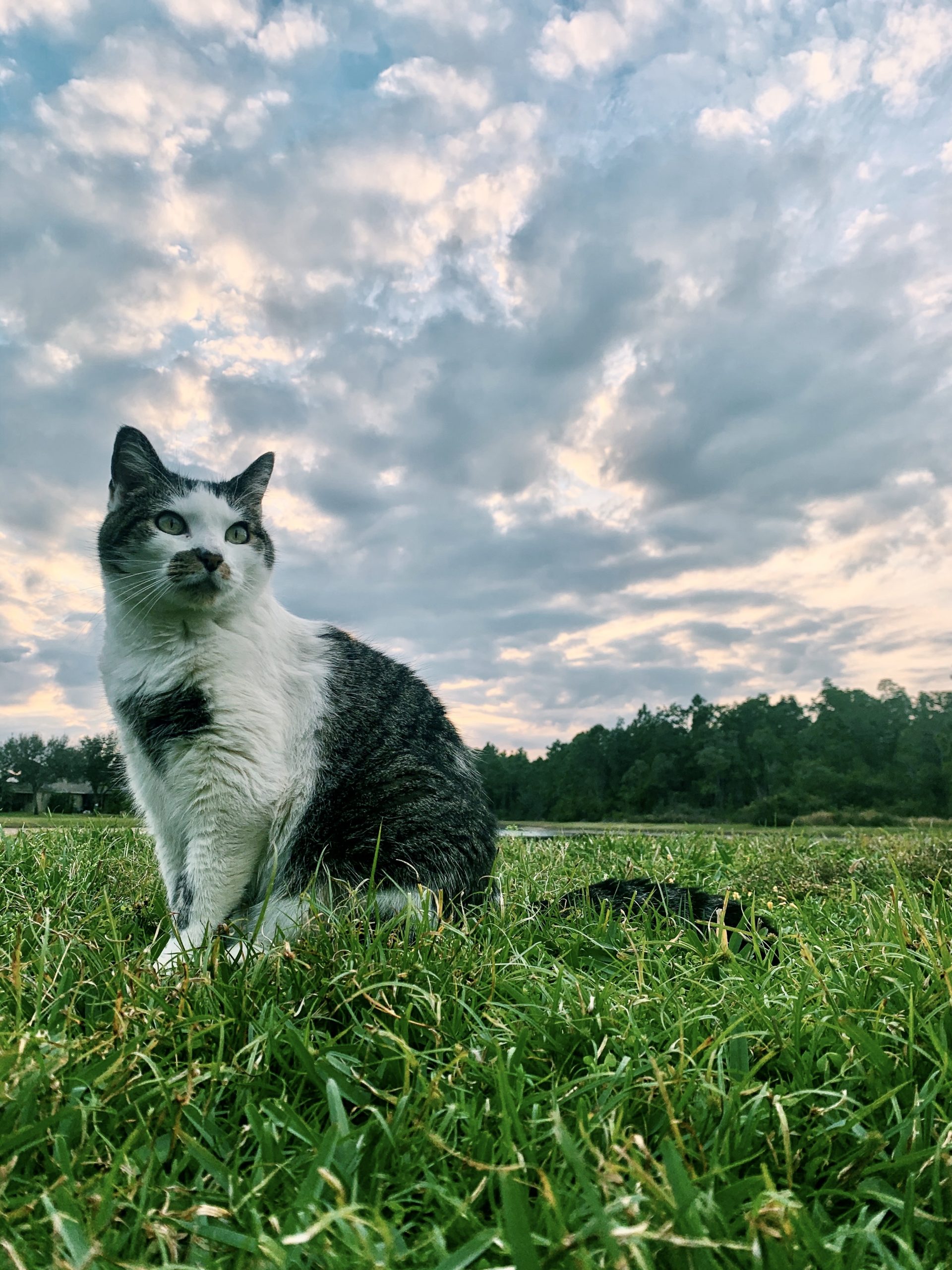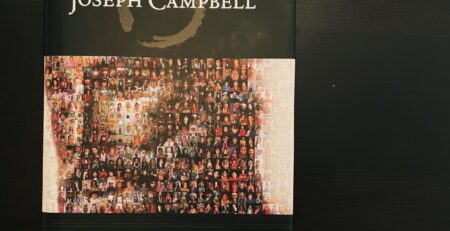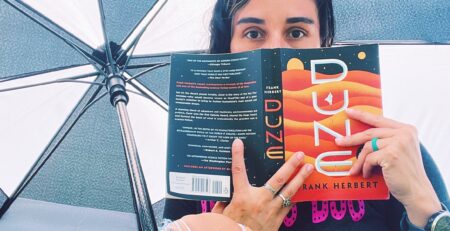Mistakes I Made Before Writing my Novel
There are things I wish I knew before writing my novel, hence I made some mistakes. While there’s a ton of advice out there this boils down to personal lessons learned. There’s a lot to learn from other people’s going around in circles so maybe, just maybe, you won’t have to.
It occurs to me that I have never written about how to start writing fiction. While I don’t have a completed novel under my belt (yet!), I’m halfway through a third draft. I have already sunk tons of time into my manuscript and $1K in editorial services. I think that’s something.
The fact is that many of us grew up with a dislike of reading. It always felt like work for me. Consequently, I never had a teacher telling me about my potential as a writer. But I don’t think any of this need define my writerly pursuits as an adult. I think the same is true of you as well.
One thing I can say though is that I have always loved Story. I remember as a kid watching Jerry McGuire in the theater (I know, what were my parents thinking?). At the end of the movie, I felt intensely moved by the whole thing, that whole, ‘you complete me,’ thing. What a great pay-off! Of course, I didn’t know there was such a thing as Story and so I went about my adolescence thinking I wanted to be a filmmaker but never telling anyone. Eventually, I saw an Army commercial which led me to join the Marine Corps. I guess that seemed easier.
If you can relate to any of this but still want to write a story, here are the five things I did to get started and what I would do differently to speed up the learning process.
1. I should have read more
This is where all that non-reading I did growing up is coming back to bite me. When I realized that I wanted to write, I found my skills lacking. I read anything I could get my hands on. Since my kids were babies at the time I read almost always on Kindle and almost always on my phone.
Rather than read anything you can get your hands on, read anything good you can get your hands on. Go through your high school reading list (or just Google one) and start doing the digital download from the library. What will happen is you will start to pick up on story beats, story arcs, and technical writing, and style details. You want this all to become second nature to you. That way, when you are ready to start writing your Magnum Opus, you’re not working with a proverbial hand tied behind your back.
2. Zero-in on a Genre if you can
Genre is extremely important and deserves its own post. For now, if you’re thinking you want to write something, consider what type of story interests you and make an effort to read stories within that genre so your writing isn’t all over the place. I know a lot of this will be an exploration and discovery of your interests, but try and focus your reading efforts. For example, when I first started reading in earnest, I read a lot of memoirs, a lot of classics, and a thriller here and there. I read zero Romance or Fantasy, aside from (some) of the Harry Potter books. If I had to do it over again I would focus my reading effort toward a genre I might want to write in because then I would have learned the themes and expectations of that particular genre I wanted to target.
3. Buy the Book Save the Cat
There are many many books out there that break down Story. I started with Save the Cat and still consider it the best first book on this topic. Save the Cat is screenplay-focused. I think this is great because it’s easier to reference movies when we talk about Story IMHO. Save the Cat is an excellent introduction to the building blocks of a story. You should check out the website too.
4. Study Poetry or Flash Fiction
I wish I had done this before diving into attempting a novel. When you study poetry and flash fiction you will learn the importance of form and genre to an extent, but most importantly you’ll learn how to to use language to paint a picture. Using words to create a picture in the mind’s eye is hard. Unless you studied creative writing at some point, it’s probably something you’ve never done before. Often, this is what’s missing in a beginner writer’s toolkit. But it can be learned. This is one way to focus on this skill. Here is an excellent example of flash fiction.
5. Practice Writing. Publish it Someplace
If you want to get to the point where you have the skill and endurance to write a full-length novel, you have to practice creative writing. And for that practice to count, you have to publish it someplace. For this, social media is your friend.
I know that it can be terrifying to publish something where your friends and family will see it. But the fact is that you will push your limits and produce better writing if you know other people will see it. More importantly, you will push your boundaries and learn what it feels like to have your creative energy exposed for others to judge.
For example, I have a friend who talks about writing a memoir, yet she’s scared to post on her Instagram. I’m not saying she should post her memoir, by the way, but I’m saying that fear of posting requires some self-examination because fear of putting yourself out there will absolutely stagnate your writing. If you can overcome that fear and start publishing someplace, your writing will improve AND you will learn about yourself and your creative expression. Social media is a good testing grounds.





Leave a Reply